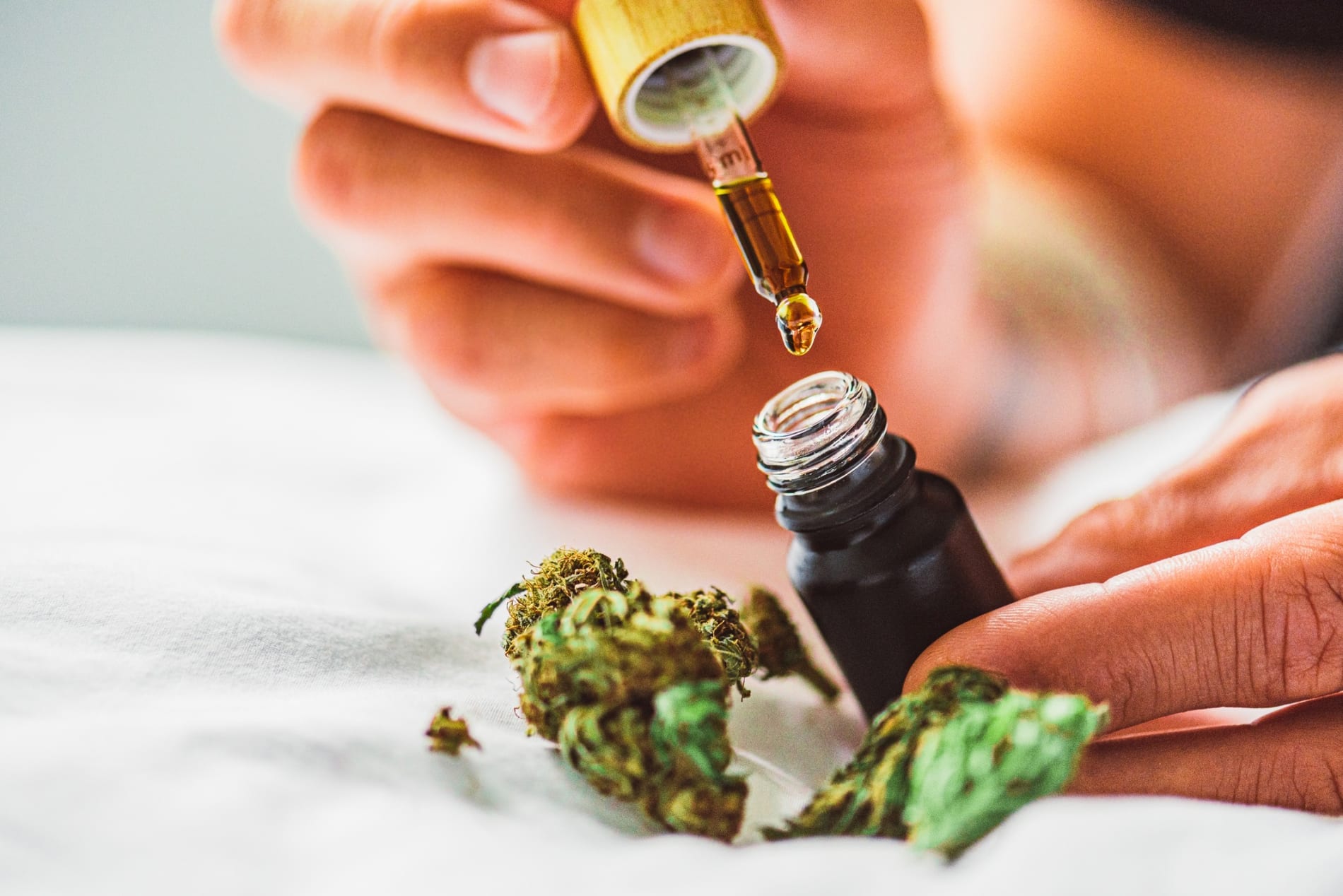Patient Guide: Where to Get Kentucky Medical Marijuana Legally
Wiki Article
Comprehending the Legal Landscape Surrounding Medical Cannabis Worldwide
You're likely aware that attitudes towards medical marijuana are changing globally, but the lawful structures can be confusing. Some countries have actually welcomed it, while others continue to be purely opposed. Comprehending these differences is essential, especially as person demands and public assumptions progress. What drives these variations, and how do they impact accessibility for individuals seeking relief? The solutions might amaze you.Historic Context of Medical Cannabis Regulation
As you check out the historic context of medical marijuana regulation, you'll discover that its roots extend back thousands of years. Ancient societies, from the Chinese to the Greeks, identified cannabis for its medical buildings.Quick onward to the 19th century, when Western medicine began to welcome cannabis much more extensively. Doctors suggested it for everything from migraines to labor discomforts. However, the early 20th century saw a change, as social assumptions altered, leading to stricter guidelines and stigmatization.
Understanding this rich background aids you value the complexities of contemporary clinical marijuana legislations. It's a trip through time that exposes the progressing partnership between society and this powerful plant.
Present Lawful Standing by Region

The United States And copyright Overview
Steering through the landscape of medical cannabis laws in North America exposes a patchwork of policies that vary significantly by area. In the USA, some states have actually completely accepted medical cannabis, allowing clients gain access to through dispensaries, while others maintain rigorous restrictions. copyright, on the various other hand, has actually legalized medical cannabis across the country, providing a managed structure that sustains individual requirements. In Mexico, recent legislation has made strides towards legalization, but execution continues to be an operate in development. Navigating through these diverse regulations can be tough, as each jurisdiction has its own needs for getting clinical cannabis, including certifying problems and application processes. Staying informed concerning regional guidelines is necessary for any individual thinking about medical cannabis in The United States and copyright.Europe's Diverse Laws
Steering via the legal landscape of clinical cannabis in Europe can be complicated, offered the substantial variations in laws across various nations. In some nations, like Germany and Italy, clinical cannabis is accessible and lawful with a prescription. As you discover these varied regulations, it is vital to stay educated, as legislations can alter swiftly and vary significantly from one country to another.Asia-Pacific Legal Trends
The Asia-Pacific region showcases a quickly developing landscape for medical marijuana legislations, mirroring a mix of modern and traditional methods. Nations like Australia and New Zealand have accepted legalization, offering controlled access to medical cannabis. In Australia, people can obtain prescriptions, while New Zealand lately passed a vote to enable clinical use.On the other hand, countries like Japan and South Korea keep more stringent policies, permitting just minimal access to cannabis-derived items. In spite of these constraints, popular opinion is changing, with increasing ask for reform.
As you navigate this complex landscape, stay informed about neighborhood laws, as they can differ substantially from one nation to an additional, influencing individual access and market development in the area.
Trick Nations Blazing A Trail in Medical Cannabis
As you discover the landscape of medical cannabis, you'll discover numerous nations establishing excellent legalisation milestones. These nations not only develop regulative structures that ensure secure access but additionally blaze a trail in clinical study innovations. Recognizing their strategies will offer you useful understandings into the future of marijuana use in health care.Legalization Milestones Accomplished
While many nations grapple with the complexities of cannabis law, numerous have actually made considerable strides in legislating clinical cannabis, setting crucial criteria. copyright ended up being a leader in 2001, permitting clients access to clinical cannabis, leading the way for various other countries. In the United States, various states have actually legislated clinical cannabis, developing a jumble of legislations that influence public assumption and policy.Governing Structures Discussed
Comprehending the regulatory frameworks controling medical marijuana is vital for comprehending how various countries approach its use. In locations like copyright, you'll find an extensive system that consists of licensing for producers, strict quality controls, and guidelines for healthcare practitioners. The USA provides a jumble of policies, with states like California and Colorado leading in dynamic plans, yet government regulations still produce challenges. Countries like Germany and Australia have actually executed organized programs that regulate individual access and farming. Each nation has its own set of regulations, which can affect every little thing from recommending methods to product availability. By acquainting on your own with these frameworks, you can better recognize the international landscape of clinical cannabis.Medical Research Study Improvements
Countries around the world are making substantial strides in clinical cannabis study, leading to a much better understanding of its healing potential. In the United States, establishments like the National Institutes of Wellness (NIH) are funding studies on cannabis's impacts on chronic discomfort and epilepsy. As these nations push ahead, you'll witness an advancement in clinical practices and a clearer picture of how cannabis can enhance person outcomes internationally.Challenges and Obstacles to Accessibility
Accessing medical cannabis can be laden with challenges that come from varying state laws and policies. You might find that in some states, the process to acquire a medical cannabis card is challenging and lengthy, requiring extensive documentation or appointments with authorized healthcare service providers. Additionally, also if you qualify, the variety of dispensaries can be restricted, making it hard to discover a neighboring resource.Insurance protection for clinical marijuana is often doing not have, forcing you to pay out-of-pocket. Steering through this Kentucky Medical Cannabis Card complicated landscape can really feel frustrating, however recognizing these obstacles is vital for any person taking into consideration clinical marijuana as a therapeutic alternative.
Influence of Medical Cannabis on Wellness Outcomes
While several individuals remain doubtful regarding marijuana, research study progressively reveals its possible benefits for different health and wellness problems. You may be stunned to learn that medical marijuana can help ease chronic pain, reduce swelling, and handle signs and symptoms of anxiousness and depression (Kentucky Medical Cannabis Doctor). For patients fighting problems like epilepsy or multiple sclerosis, cannabis has shown substantial restorative results, offering relief when standard treatments failFurthermore, researches indicate that some elements of cannabis, such as CBD, can boost overall lifestyle for individuals undertaking therapies like chemotherapy. It's essential to consider that specific responses to cannabis can vary extensively, so what help someone may not benefit another. As you discover the prospective impact of clinical cannabis on wellness end results, keep an open mind and get in touch with with healthcare professionals to customize a treatment plan that suits your unique demands and scenarios.
The Duty of Health Care Providers in Individual Accessibility
As you navigate the intricacies of medical marijuana laws, it is necessary to identify the crucial function medical care providers play in patient accessibility. These professionals act as important overviews, aiding clients comprehend their options and navigate legal needs. They can analyze whether medical cannabis is appropriate for your condition and offer documentation needed for lawful accessibility.Additionally, health care providers usually educate patients concerning the possible benefits and risks of marijuana use, guaranteeing informed choices. They can suggest suitable strains, does, and approaches of usage tailored to specific needs. Their assistance is essential, especially in areas where legislations differ significantly.

Future Trends and Forecasts for Medical Cannabis Legislations
Doctor will certainly remain to form the landscape of clinical cannabis regulations as they promote for patient demands and engage with policymakers. You can expect an expanding pattern towards more inclusive legislation that recognizes the therapeutic advantages of marijuana. As research study expands, even more nations will likely adopt regulations that facilitate accessibility for clients struggling with numerous conditions.Popular opinion is moving, too, with raising approval leading the way for reform - Kentucky Medical Cannabis Doctor. You might see a surge in medical marijuana programs customized to particular demographics, such as professionals and seniors
Additionally, as medical care systems integrate cannabis into treatment procedures, insurance firms may start covering cannabis-related expenditures, additionally legitimizing its usage.
Finally, worldwide collaborations could arise, leading to standardized policies and high quality control procedures. Overall, the future of medical cannabis regulations shows up encouraging and dynamic, driven by evidence, campaigning for, and patient-centered treatment.
Frequently Asked Questions
Exactly How Do International Treaties Affect Medical Marijuana Regulations?
International treaties can form your country's clinical marijuana legislations by establishing restrictions or standards. When countries stick to these contracts, it usually affects local regulations, making it vital for you to remain notified on changes.What Are the Adultness Needs for Medical Cannabis Usage?
The adultness for medical marijuana usage differs by territory. In several areas, you must be at least 18, but some allow minors with parental authorization. Always check regional regulations before continuing with medical marijuana.Can Employers Fire Personnel for Medical Cannabis Use?
Yes, employers can terminate you for clinical cannabis usage, relying on state legislations and company plans. If your task requires medication screening or if marijuana affects your performance, they may act. Always check your workplace rules.Exist Constraints on Clinical Cannabis Marketing?
Yes, there are limitations on medical marijuana advertising. You'll find guidelines differ by jurisdiction, typically restricting deceptive insurance claims and calling for certain health cautions. It's crucial to examine local regulations to guarantee conformity before advertising.Exactly How Do Medical Cannabis Regulation Differ for Veterans?
Medical marijuana regulations for professionals typically include special provisions, allowing simpler access or benefits. Some states focus on proficient demands, while others might limit usage. It's vital to inspect your regional guidelines for specifics.
While lots of nations grapple with the complexities of cannabis policy, numerous have made substantial strides in legalizing medical marijuana, setting important criteria. In the United States, numerous states have actually legislated clinical marijuana, creating a patchwork of laws that affect public understanding and policy.Accessing medical cannabis can be laden with obstacles that stem from differing state laws and regulations.As you navigate the complexities of medical cannabis legislations, it is essential to recognize the pivotal role health care carriers play in patient gain access to.Medical care companies will certainly continue to shape the landscape of clinical cannabis legislations as they support for patient needs and involve with policymakers.
Report this wiki page